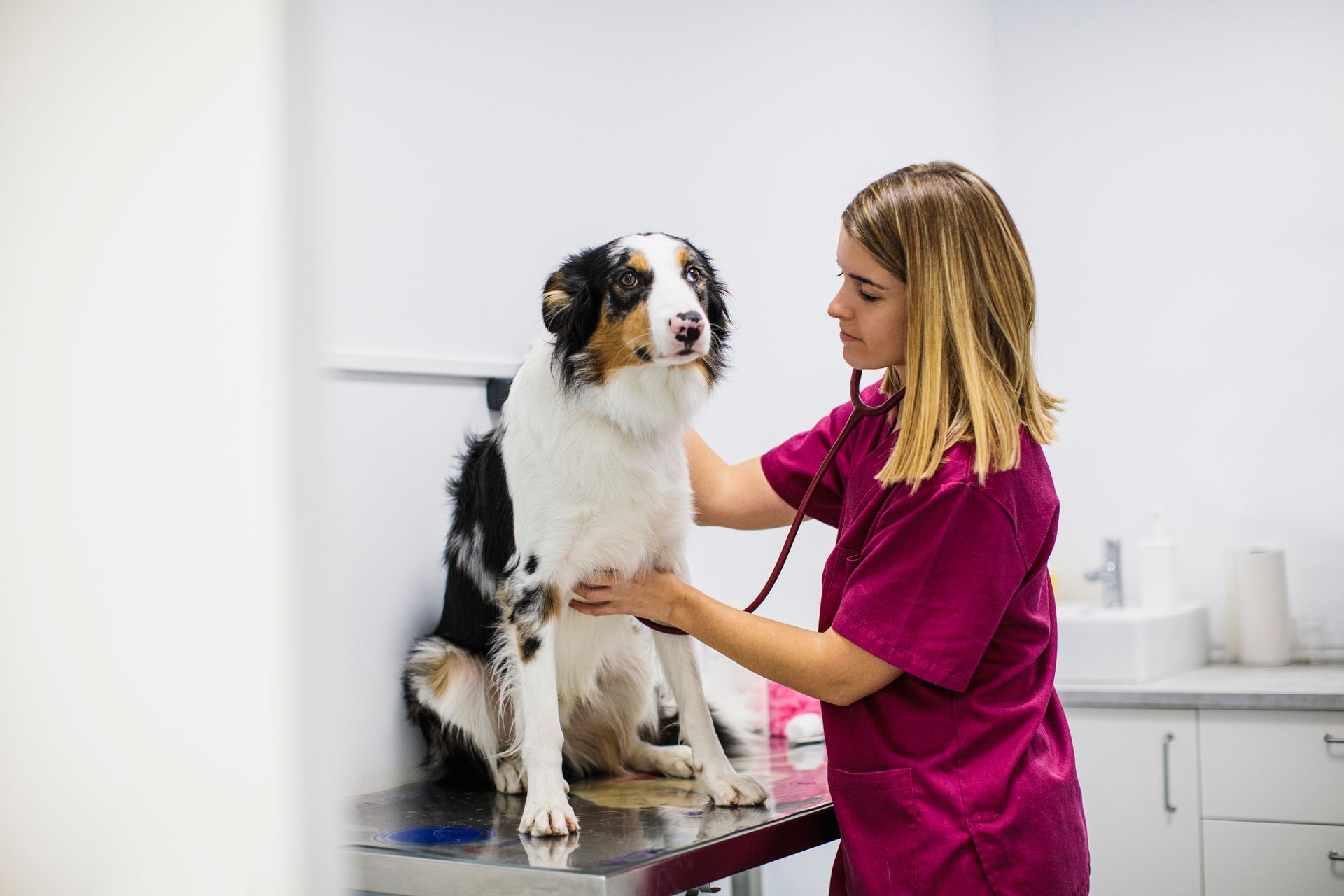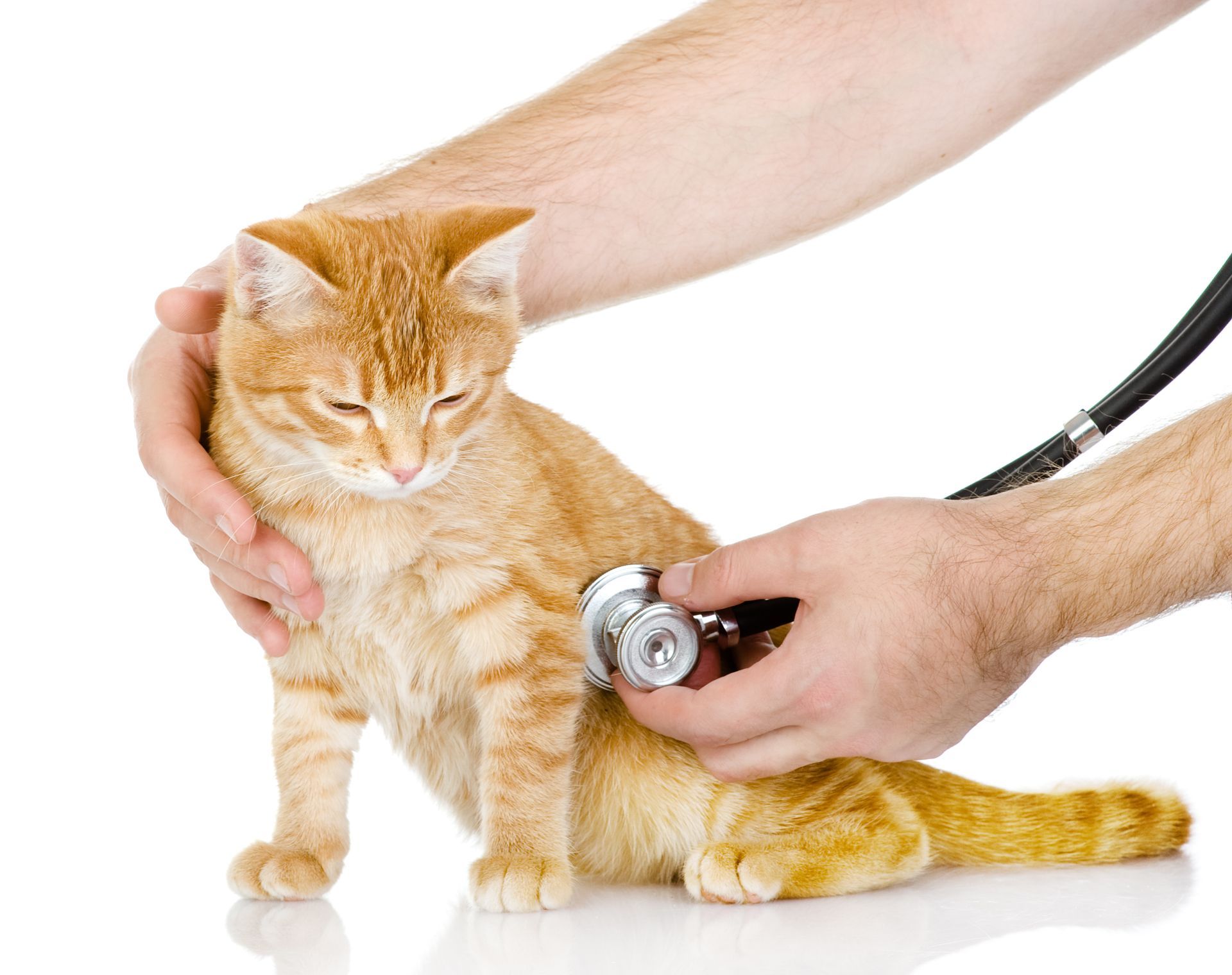FAQs About Ticks and Dog Disease
What do you need to know about ticks and your canine companion? Your playful pup enjoys summer days spent outdoors. But you may have concerns about tick bites. Take a look at the top tick questions dog owners have answered.
Are All Ticks Harmful?
Ticks can spread disease. But this doesn't mean all ticks are harmful or will definitely infect a human, dog, or any other animal they bite. Some ticks and diseases are regional. This means you (and your dog) may not need to worry about certain species or types of infections.
The most common tick-borne diseases in Washington State are Lyme disease, babesiosis, Rocky Mountain spotted fever, tularemia, and tick-borne relapsing fever, according to the Washington State Department of Health. These and other diseases are spread primarily by the American Dog Tick, Lonestar Tick, and Blacklegged Tick.
How Do Ticks Bite Dogs?
A tick may attach itself to your pup during walks or outdoor play-time. The tick attaches itself to a suitable host and feeds. If your dog is near the tick’s outdoor home, they'll become the pest's next meal. Most ticks inject their hosts with anesthetic-filled saliva. This makes the bite painless for your pet. It also makes it possible for the tick to feed on your dog for days at a time. If left to feed, the tick will eventually release itself or fall off your pup.
How Can You Prevent Tick Bites?
You could keep your dog indoors. But this isn't a reasonable prevention strategy. Instead, talk to your dog's veterinarian about the best products to prevent ticks and tick bites. There are oral (systemic) and topical medications the vet can prescribe or recommend. These types of treatments repel ticks, preventing disease in your dog.
Along with tick-control medication or treatments, you can also reduce the risks in your yard with a few preventative steps. Remove debris, mow the grass regularly, and keep your dog away from brush or plant-filled areas.
What Happens If a Dog Has a Tick?
Always check your dog for ticks when you come inside from a walk or outdoor play session. Ticks aren't insects. These common outdoor pests are arachnids. To spot a tick, look for a spider-like (another arachnid) pest with eight legs and an oval-shaped body. If the tick is already feeding, you will only see a dark sphere above skin level. This is the tick's body.
Prompt and proper removal is crucial. Even though it's tempting to grab the tick and pull, this isn't likely to effectively remove the pest from your dog's body. Gently pull the tick out with tweezers. Remove the entire tick, including the head. Clean the bite area after removal. If you can't remove the entire tick, contact the vet. Your pet's veterinarian can safely pull the tick out and show you how to do the same.
Should You Treat a Tick Bite?
Ticks don't immediately pass on diseases to dogs — or humans. If you don't know how long the tick was on your dog or you have concerns about an illness, talk to your vet. The vet can examine your dog and look for signs of an infection.
Some symptoms of tick-borne disease won't show up on dogs for seven to 21-plus days (after a bite), according to the U.S. Centers for Disease Control and Prevention (CDC). Behavioral changes and changes in appetite are common signs of this type of disease. You may need to carefully watch your dog for symptoms during this time. If you notice these changes or have other concerns, call the vet's office as soon as possible.
Do you want to learn more about preventative tick treatments? Contact Angel Pet Hospital for more information.


















